Portal 2 (Part 1): Single Player

Publisher: Electronic Arts, Valve Software / Developer: Valve Software / Platform: PC, PS3, Xbox360
The following is part one of a two part spoiler-free review. This part focuses exclusively on the single player mode; co-op will be covered in part two.
In an age where game developers can sometimes feel pressured to stretch a game out beyond what its concept might comfortably allow, 2007’s Portal seemed like the perfect length for what it was. I’ll take a game that’s taut and high in quality over one that’s been diluted with filler any day. So when Valve announced that Portal 2 would be a much longer game, I admit I was a little nervous.
Honestly, I should’ve known better than to ever doubt the folks at Valve. They’ve managed to craft a sequel that’s nearly three times as long as the original, without ever feeling overly repetitive or visually monotonous. Not to mention an engrossing story that’s possibly even more humorous, clever, and twisted than the first installment.
My other main concern was whether a longer game would result in the later puzzles becoming tougher and/or more frustrating than any of the puzzles in the first game. I realize some gamers enjoy overcoming frustratingly difficult challenge, but puzzles that required precision while under pressure from a timer were my least favorite moments in Portal. Thankfully, these are almost completely absent in Portal 2. The puzzles are generally geared more towards problem solving skills than perfection of timing and movement, and result is extremely satisfying.
However, it’s in the storytelling that the game really shines. There’s not much I can say about the story without spoiling anything, but needless to say, our favorite sociopathic A.I. GLaDOS and her rival Chell—the only videogame heroine whose heels can be considered practical—both make a return. It must be said, GLaDOS is even more frightening when she’s out for revenge…especially when her form of revenge doesn’t involve wanting to kill you. I can’t say any more beyond that without spoiling anything, other than that you’re in for quite the emotional rollercoaster ride. In fact, I ended up playing through the entire game in a single marathon day (and keep in mind, it’s nearly three times as long as the first game) primarily because the story was so engrossing that I just couldn’t put it down, much like a good book.
The storytelling itself is also very well done. The story is told not just through words dialogue, but also through the environment around you. For people who enjoy exploration, there are also a handful of scattered hidden rooms to be found that sometimes fill in additional story details.
While people who have already played the first game will get the most out of the experience as far as the story, new players won’t necessarily be lost. Too many sequels assume that everyone has played the previous installment, but Valve has made sure to design the early levels in such a way that first timers will be introduced to all the basic concepts, without experienced players feeling bored.
I really only have one complaint about the game, and it’s a relatively minor one: after beating the game, there’s no way to go back and select specific chambers from the menu, only chapters. Each chapter is made up of the rough equivalent of eight chambers, so it can be a pain if a chamber you want to return to—in order to try for an achievement/trophy, or to hear the Developer’s Commentary—happens to be near the end of a chapter.
Also, while not necessarily a complaint, seeing loading screens in a Portal game took a little getting used to. It was probably unavoidable, but at least it gives you a nice look a few variations of the Aperture logo.
And those two things are the closest things to complaints I can really manage. Honestly, I’m almost read to call this as Game Of The Year right now. At the risk of hyping up the game too much, I’ve been trying to think, of all the games I’ve played, one that I’ve enjoyed more than this one…and I’m having a really difficult time. Between the mental gymnastics of the puzzles, the mind trip of the story twists, and th occasional mind games and tricks played on you—if you don’t come away from this game feeling like your brain has been given a refreshing workout, [GLaDOS]I don’t think you’ve been using yours properly[/GLaDOS].










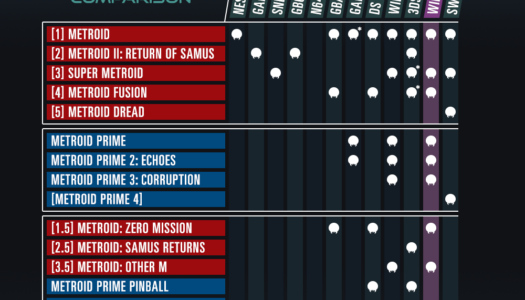
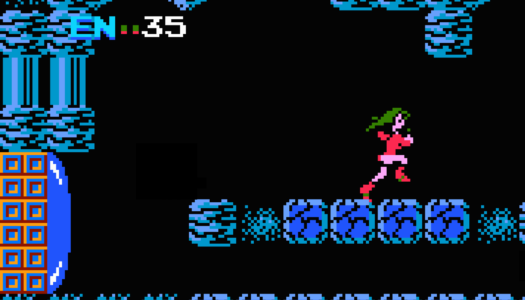
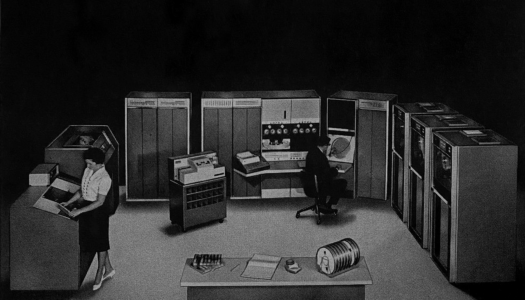
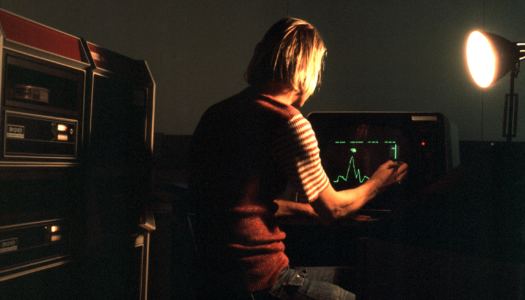
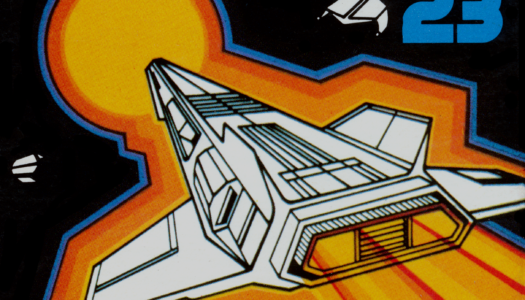

April 19, 2011
Portal Portal Portal, I made you out of clay, and when you’re dry and ready, with Portal I shall play! YAY! portal2 GLaDOS cakeisalie